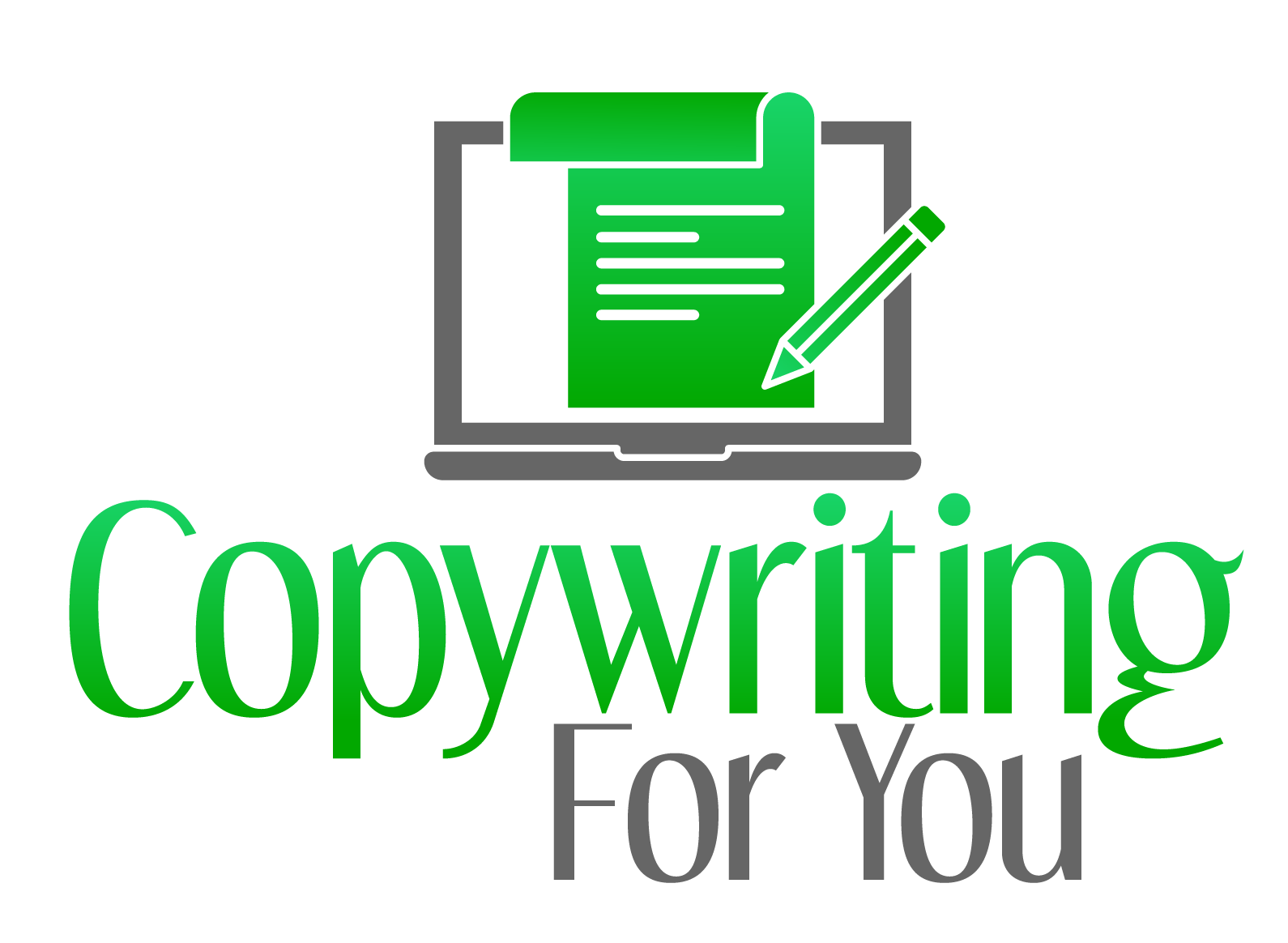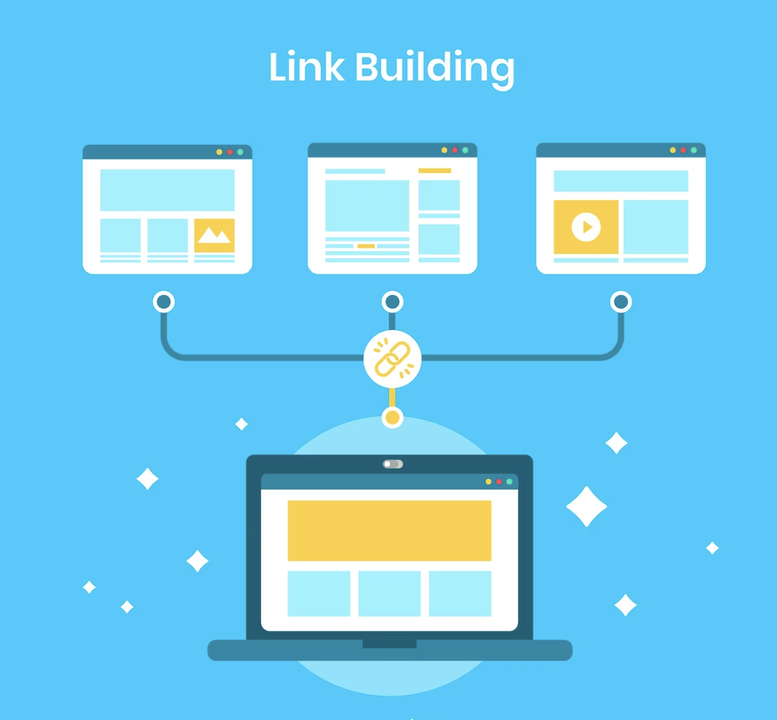A linking strategy is a plan you create and implement that helps you organize, track, and optimize your links. Okay, so many of you are already reading this and saying, “Uhhh, what?” And I get it, even as a copywriter and freelance blogger, understanding link building and the links to include (and exclude) in articles has been a bit of a learning curve.
This article is intended to help take some of the mystery out of link building. And to do this best, I consulted with Adam Torkildson, Founder and President of Tork Media. If all goes well, you’ll better understand how to use links in your articles and landing pages. After all, with the right plan, you can see significant business returns, including a boost in sales and an improvement in your search engine rankings.
Understanding Link Building and Its Significance
Think back to your college days when every paper needed a bibliography. Today, when it comes to the web, most specifically blogs and landing pages, a linking strategy is a way to show where you got the great information to tell your story.
Link building is essential to SEO, where you obtain links from other websites and bring them to your own. These links serve as references, demonstrating the credibility and relevance of your content. Search engines heavily weigh the quality and quantity of inbound links, influencing your website’s authority and ranking. And a well-implemented link-building strategy enhances online visibility, drives targeted traffic, and ultimately strengthens your business’s online presence.
Types of Links That Matter for SEO
Link building is a fundamental aspect of SEO crucial to improving your website’s authority and search engine rankings. In this article, we will explore different types of links and their significance within your blog articles, helping you understand how to strengthen your online presence effectively.
1. Internal Links
Internal links are crucial in connecting various pages within your website. These hyperlinks aid search engines in comprehending the structure and hierarchy of your site, leading to improved indexation and enhanced user experience. By strategically incorporating internal links within your blog articles, you can effectively guide visitors to relevant pages, increasing engagement and reducing bounce rates. This internal linking strategy ensures that your audience can easily navigate your content and discover valuable information, contributing to a more cohesive and user-friendly website experience.
Torkildson says, “Internal links are the most underutilized, yet easiest to automate form of link building available to webmasters. I would suggest using a plugin like LinkWhisper (if your site is WordPress-based) or Rank Math (also for WordPress sites). These plugins have pros and cons and are fairly inexpensive to install on one site. They help walk you through understanding how to set up your internal linking scheme so you don’t waste time on unnecessary tasks. I’ve seen an increase of 10 to 20% in organic traffic after implementing just this one type of link building.”
2. External Links
External links are essential to your blog articles as they direct users from your website to other external websites. When incorporating external links, you should prioritize reputable and relevant sources that enhance the value of your content. These external links establish credibility. They foster connections with other businesses or influencers and offer additional resources for your readers. By including well-chosen external links, you enrich your content and demonstrate your commitment to providing comprehensive and reliable information to your audience.
Adam points out, “To understand how and when to use external links in your content, it’s probably most helpful to think like a journalist on a deadline. I worked at a newsroom in college, and have worked at several public relations agencies where I worked with hundreds of journalists. They always seemed to be on a deadline. The top two questions any journalist (and also Google coincidentally) wants to know are: 1) Who is the ultimate source of this information? and 2) Can you verify the credibility of the said source? If you can answer at least one of those questions with any external links you add to your content, you’ll have satisfied Google and any potential users who might click on that link in your content.”
3. Natural Links
Natural links are an invaluable asset in the world of SEO, as they are links bestowed by other website owners without any effort on your part. Search Engine Journal (SEJ) indicates that these links are typically earned by producing high-quality and valuable content others deem worthy of referencing.
Search engines place significant importance on natural links, indicating your website’s organic popularity and authority. When other websites naturally link to your content, it enhances your website’s credibility. It improves your search engine rankings, making natural links essential in building a solid online presence.
4. Manually-Obtained Links
Manually-obtained links are important in your link-building strategy and are acquired through purposeful outreach. This involves engaging website owners or influencers to request and secure valuable backlinks. By proactively seeking these manually-obtained links, you can significantly broaden your online reach, connect with new and diverse audiences, and ultimately amplify the visibility of your website. These deliberate efforts contribute to improving your website’s search engine rankings and establishing valuable connections within your industry, fostering collaboration and enhancing your online presence.
Adam mentions, “The manually obtained link is by far the hardest to get, yet worth the most in terms of sheer value in organic rankings increase. My firm helps SEO agencies do this hundreds of times a day. I started my company with the assumption that these types of links are always the hardest to obtain. I wanted to change that. Today, it’s possible to manually obtain links by paying for them, doing a digital PR campaign, doing cold blogger outreach, or a few other more black hat techniques. I’ve been buying and selling these manually obtained links for years, and they work. Google will tell you they don’t, but that’s not been my experience.”
5. Self-Created Links
Self-created links are hyperlinks that you generate on different platforms, such as social media profiles or online directories. While these links hold some value, search engines tend to assign them less significance when compared to other types of links. It is crucial to exercise caution and moderation when utilizing self-created links and instead prioritize acquiring natural or manually-obtained links.
By obtaining organic and manually-secured links, you can achieve better SEO results and strengthen your website’s overall authority and credibility. Remember, quality and relevance should always precede the quantity of self-created links in your link-building strategy.
Elevating Your Link-Building Strategy for Business Success
In conclusion, implementing a comprehensive link-building strategy is essential for bolstering the strength of your blog articles and driving business success. Understanding and leveraging different links can enhance your website’s authority. It can improve search engine rankings and ultimately expand your online presence. However, it is essential to approach link-building with a thoughtful and strategic mindset.
Partnering with a competent copywriter can help you create compelling content that naturally attracts valuable backlinks. Additionally, collaborating with an SEO strategist can provide valuable insights and guidance. It can ensure your link-building efforts are practical and aligned with your business goals. Remember, a well-executed link-building strategy enhances your website’s visibility, drives targeted traffic, fosters industry connections, and positions your business as a trusted authority in your niche.
You can stay ahead of the competition by continuously refining your link-building techniques, staying updated with the evolving SEO landscape, and propelling your business toward long-term success. Adam provides free mentoring sessions via SCORE if you’d like help to consult about links. He also works with SEO agencies on a paid consultation basis, booked via Calendly.

